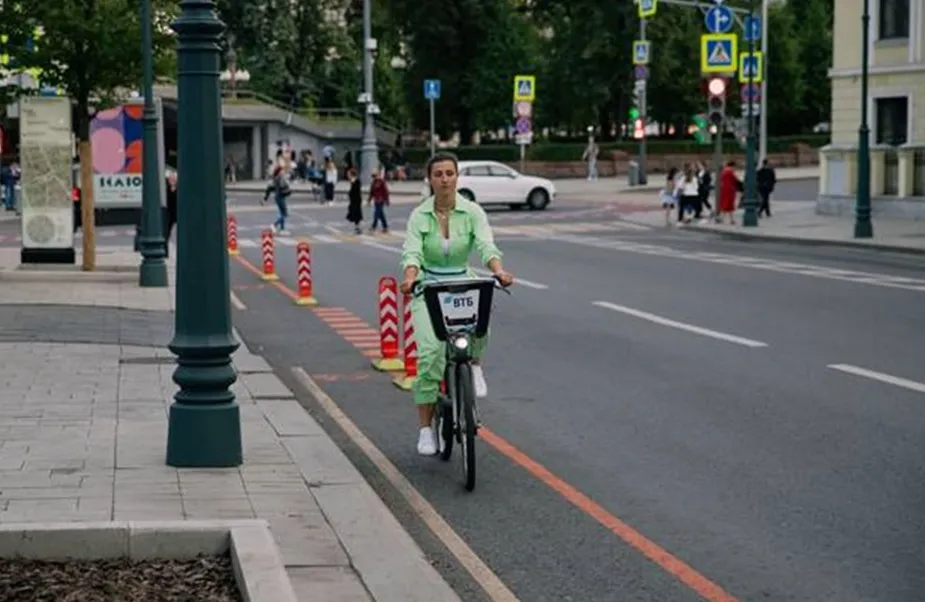The fleet comprises 1,500 e-Golfs, and they are to be followed by 500 additional e-up!vehicles in the German capital at the beginning of next year.
The first units of its full-electric ID.3 are due to be deployed in mid-2020, the manufacturer says.
Initially, WeShare will cover around 150 km2 – in the city centre and beyond the city train ring line. The service costs €0.19 per minute but will increase to €0.29 in September.
WeShare will recharge its fleet on Berlin’s public charging network, which includes new charging points at 70 branches of food retailers Lidl and Kaufland.
The company’s service employees will collect and recharge the vehicles when the battery level is low. In later operation, users will receive incentives to recharge the vehicles themselves.
Customers must have a smartphone and credit card, be at least 21 years old, have had a driving licence for at least one year and be registered at an address in Germany.
Looking ahead, Volkswagen intends to bring WeShare to Prague, Czech Republic, with Skoda and then expand further into Germany with Hamburg next year.
VW launches electric car-share in Berlin
Volkswagen has launched an electric ‘free-floating’ car-share service called WeShare in Berlin.
The fleet comprises 1,500 e-Golfs, and they are to be followed by 500 additional e-up!vehicles in the German capital at the beginning of next year.
The first units of its full-electric ID.3 are due to be deployed in mid-2020, the manufacturer says.
Initially, WeShare will cover around 150 km2 – in the city centre and beyond the city train ring line. The service costs €0.19 per minute but will increase to
July 9, 2019
Read time: 2 mins









